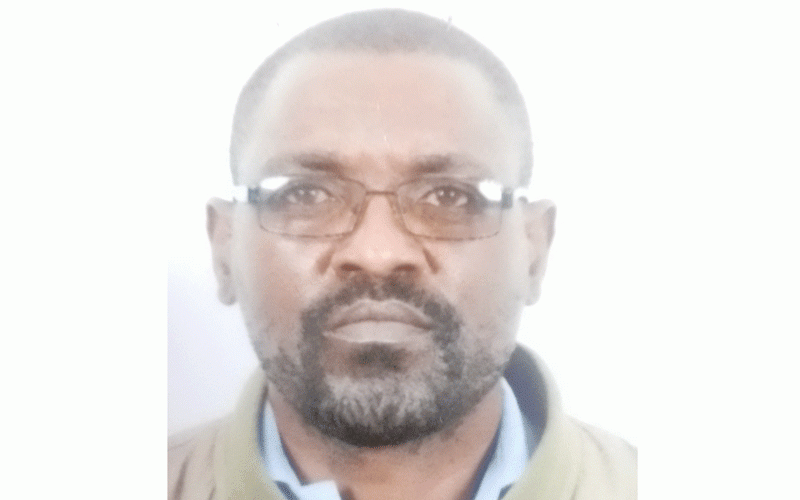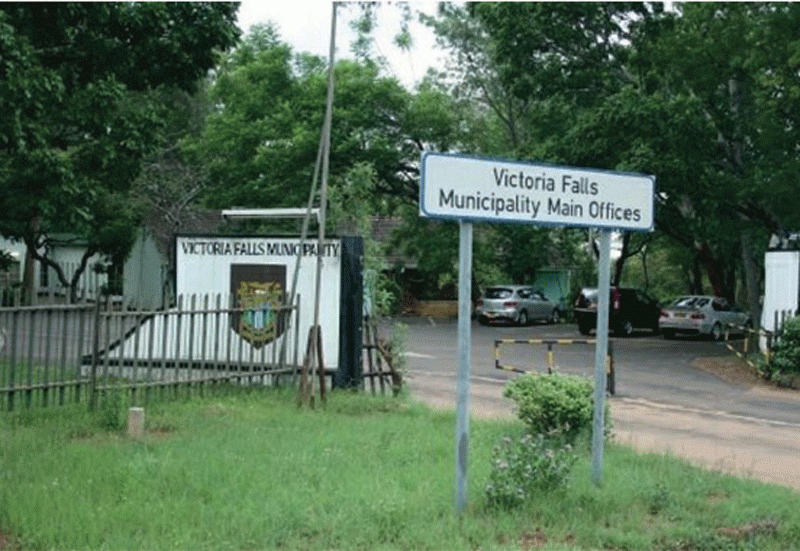
THE blatant display of gross incompetence by most of the country’s urban councils is cause for concern for the ratepayers and stakeholders at large.
The manner in which service delivery has crumbled in most urban areas is as if residents are not paying at all, when in actual fact the residents are even threatened with disconnection of water supply if they delay paying — all for poor service delivery.
One wonders if these local authorities really have elected councillors who represent the interests of the people or have money mongers who are bent on satisfying their own interests and needs at the expense of the electorate.
Reports that some residents in Bulawayo have spent more than 20 years with sewage flowing at their homes, without council attending to such a health time bomb, is a clear sign of serious lack of representation by the councillor of the ward in question and negligence by Bulawayo City Council.
It is clear that this cannot be blamed on the lack of resources to avert the situation, but on some people sleeping at the wheel.
This means they do not deserve to hold those positions at all.
The scenarios are a sheer display of incompetence and lack of respect for human life.
Latest reports indicate that Bulawayo councillors sought the relocation of two Luveve families which have lived with flowing sewage for many years without council repairing the burst sewage pipes.
- Revisiting Majaivana’s last show… ‘We made huge losses’
- Edutainment mix: The nexus of music and cultural identity
- ChiTown acting mayor blocks election
- Promoter Mdu 3D defends foreigners 30 minute set
Keep Reading
The reason we have local authorities is for them to cater for the needs and rights of the citizens in their jurisdiction, but if the same councils ignore the plight of residents for 20 years, it is as good as those residents don’t have a council to look up to.
When residents elect councillors in this coming year, they must choose the right councillors who will pursue their interests and the development of the city.
Service delivery in Bulawayo and other cities such as Gweru and Harare has deteriorated so much such that given time, if the same calibre of councillors are retained or elected next year, these towns will be worse than rural areas and will be serious death traps due to the collapse of water, sewage and road infrastructure, among others.
It is not a secret that these councils have totally run down the cities to a point where one feels safer to be in rural areas than in town.
In 2019, Luveve in Bulawayo was the most affected by diarrhoea that killed about 13 people and infected over 1 000 others when the suburb became the epicentre of an outbreak.
This was after they consumed contaminated water. Other suburbs such as Tshabalala and Cowdray Park have also recorded such outbreaks of late, a development which shows that the infrastructure collapse is fast spreading across the whole city if something is not done as a matter of urgency.
Meanwhile, residents associations under the banner Residents Movement in Gweru recently presented their service delivery demands to Gweru City Council at a meeting with council officials when they were preparing the 2023 budget.
This was because they were concerned about the level of performance of the inept councillors.
The associations included the Gweru Residents and Ratepayers Association, Gweru United Progressive Residents and Ratepayers Development Association and the Gweru Residents Forum.
They were concerned over the unwarranted increases of rates by the council when service delivery does not even match what they pay.
They said there was a need for reduction of the 20-kilolitre estimated water bills in high-density suburbs to five kilolitres and from 30 kilolitres to 10 kilolitres in low-density suburbs.
On the other hand, Harare City Council last month unveiled a $213 billion 2023 budget hinged on improving water reticulation and other key service areas, while maintaining 2022 health, water and garbage collection tariffs.
Announcing the city’s 2023 budget, finance and development committee chairperson Costa Mande said some services such as clinic and hospital fees would remain static and pegged in United States dollars — or Zimbabwe dollar equivalent — at US$5 for adults and US$3 for children.
The City of Harare has been facing serious water problems in some suburbs for too long and one wonders why a council takes so long to solve the problems when those who pay for services are settling their bills.
These challenges in major urban councils cannot be blamed on lack of resources, but clearly a lack of a human face on part of the councils and it’s high time we called urban councils to order.
They must stop the blame game and do what they are mandated to do by the Urban Council Act, which is serving citizens as required.
They have always blamed central government for interfering with their operations which has become their scapegoat. We are tired of excuses.
Silas Nkala is a practising journalist based in Bulawayo. He writes here in his personal capacity.










